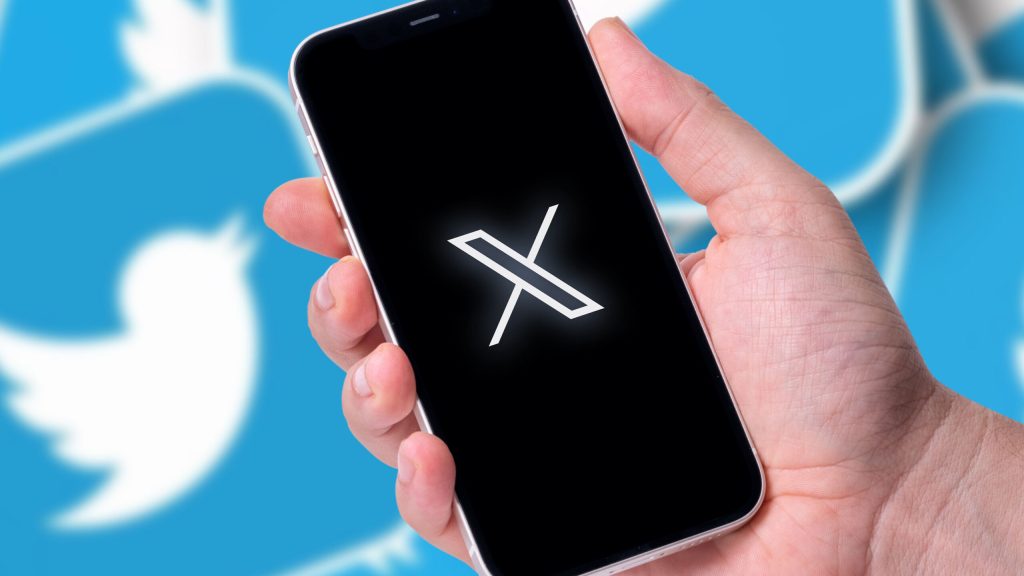Tanzania has implemented a restriction on access to the social media platform X, formerly known as Twitter. This development comes amid rising political tensions in the East African nation. The internet observatory organization Netblocks confirmed the outage, reporting that X has been limited on Tanzania’s primary internet providers.
The restriction coincides with a series of arrests of prominent opposition figures. Tundu Lissu, a well-known politician, and four other officials from the Chadema party were taken into custody. Three of these arrests, including Lissu’s, occurred in Mbeya just before a planned World Youth Day rally. The following day saw the detention of Chadema’s chairman and the leader of its youth wing.
Tanzania’s police force, TANPOL, has issued a warning to Chadema party members. The authorities claim that the opposition is using Zoom meetings to organize small groups of about 20 people. These groups are allegedly planning to raid offices and police stations. In response to the internet restrictions, many Tanzanians have turned to VPN services to express their frustrations on X.
This is not the first time Tanzania has considered measures to control internet usage. Last year, authorities contemplated introducing a mandatory license for VPN use. Such actions reflect a growing trend of internet control in the region.
Internet shutdowns and partial restrictions have become common political tools globally, often employed to suppress citizens’ voices during times of unrest. Similar incidents have occurred in other African nations. In July, several Kenyan mobile networks, including Safaricom, reportedly shut down internet services for a few hours. Earlier in the year, Senegal implemented an internet shutdown during youth-led street protests.
The impact of such restrictions extends beyond social media. They can significantly affect communication, commerce, and daily life in the affected areas. The use of VPNs to circumvent these restrictions highlights the ongoing struggle between governments seeking to control information flow and citizens attempting to maintain open communication channels.
International organizations and human rights groups often criticize such internet restrictions. They argue that these actions violate freedom of expression and access to information, which are fundamental human rights.
The situation in Tanzania is part of a broader pattern of political tension in the country. The arrests of opposition leaders and the restriction of social media access indicate a tightening of control by the authorities. This approach has raised concerns about the state of democracy and freedom of expression in Tanzania.
As the situation unfolds, it remains to be seen how long the restrictions on X will last and what impact they will have on political discourse in the country. The use of internet restrictions as a political tool continues to be a contentious issue, not just in Tanzania but across many parts of Africa and the world.
The events in Tanzania serve as a reminder of the complex relationship between technology, politics, and civil liberties in the digital age. As governments grapple with the challenges posed by social media and instant communication, the balance between national security concerns and individual rights remains a critical point of debate.
Source: https://www.techinafrica.com/tanzania-restricts-access-to-x-platform-amid-political-tensions/

